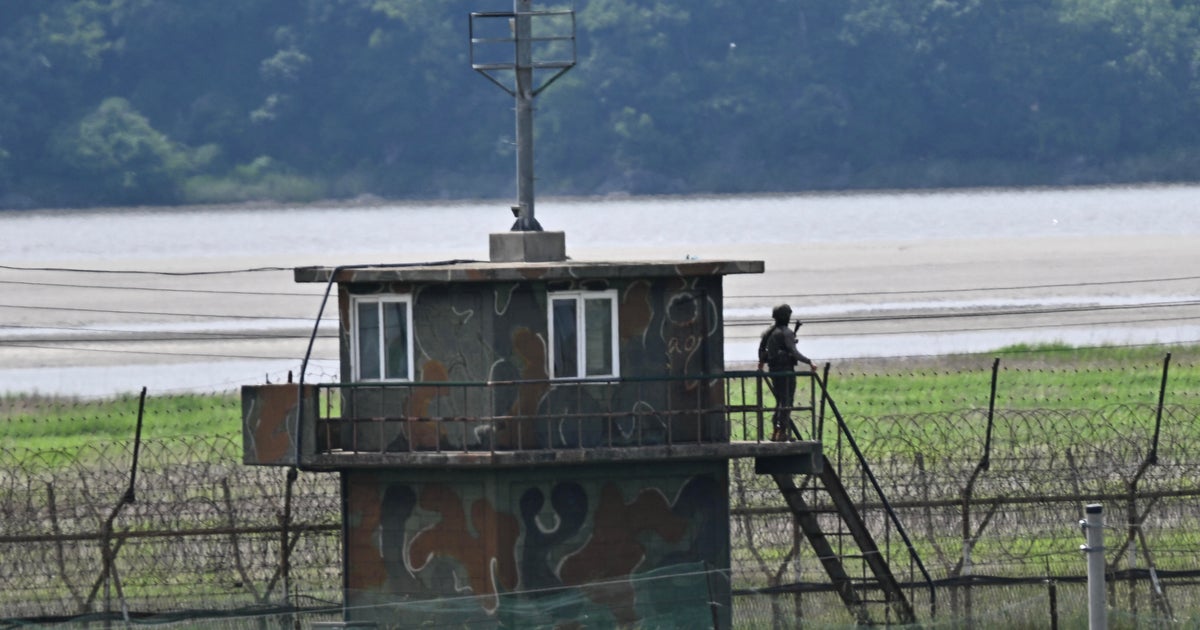Quiet Along the DMZ: Pyongyang Starts Rolling Up Its Border Loudspeakers
Key Facts
- Where: Along the land border that separates North and South Korea, commonly known as the Demilitarized Zone (DMZ).
- What: South Korea’s Joint Chiefs of Staff confirm the North appears to be disassembling some of its high-wattage loudspeaker units.
- Why: Comes after Seoul already yanked its own giant speakers out of the ground earlier in the week in an effort to dial down cross-border animosity.
- Unclear: Whether Kim Jong-un’s regime intends to dismantle every last speaker or is content to leave some in reserve.
From Pop Ballads to Barking Dogs: How the Loudspeaker War Began
Last June, the conservative administration in Seoul flipped the switch again, sending BTS songs and pointed denunciations of the Kim family regime booming northward. The answer from Pyongyang arrived as barking dogs, metallic gongs and even distorted roars of wild animals—enough to fray nerves in nearby civilian villages.
Fast-forward to this month: newly inaugurated liberal President Lee Jae Myung silenced the South’s broadcasts. Days later, the North’s own sonic barrage fell silent. Now crews on both sides appear to be ripping the electronic hardware off their mounts.
Political Signposts Behind the Move
Lee’s Pivot
After replacing the impeached Yoon Suk Yeol, Seoul’s new leader campaigned on a promise of de-escalation. Pulling down the speakers represents his government’s first tangible overture toward engagement since taking office in June.
Pyongyang’s Calculus
State media has yet to trumpet the dismantling effort, but Kim Yo Jong—first deputy director of the ruling Party’s publicity and information department— has already warned South Korea that Washington-centric policies will be judged, not gestures. Her message: alliance tweaks, not loudspeaker silence, will determine whether real dialogue resumes.
The Upcoming Flashpoint
The annual Ulchi Freedom Shield exercises between U.S. and South Korean troops are slated to kick off 18 August. Pyongyang routinely denounces every iteration as rehearsal for invasion, often answering with fresh missile tests or artillery drills. Analysts warn any renewed hostility could compel both sides to wheel the speakers back into position overnight.
What Happens Next?
South Korean military officials confirmed that the removed units are being placed in mobile storage, allowing redeployment “within hours if circumstances deteriorate.” Observers note the same modular racks are likely stockpiled just behind the North’s frontline hills as well.
As August drills loom and both capitals measure each other’s next steps, the silence along the DMZ remains tentative—a pause, not a peace treaty, amplified only by summer cicadas and the wind.




